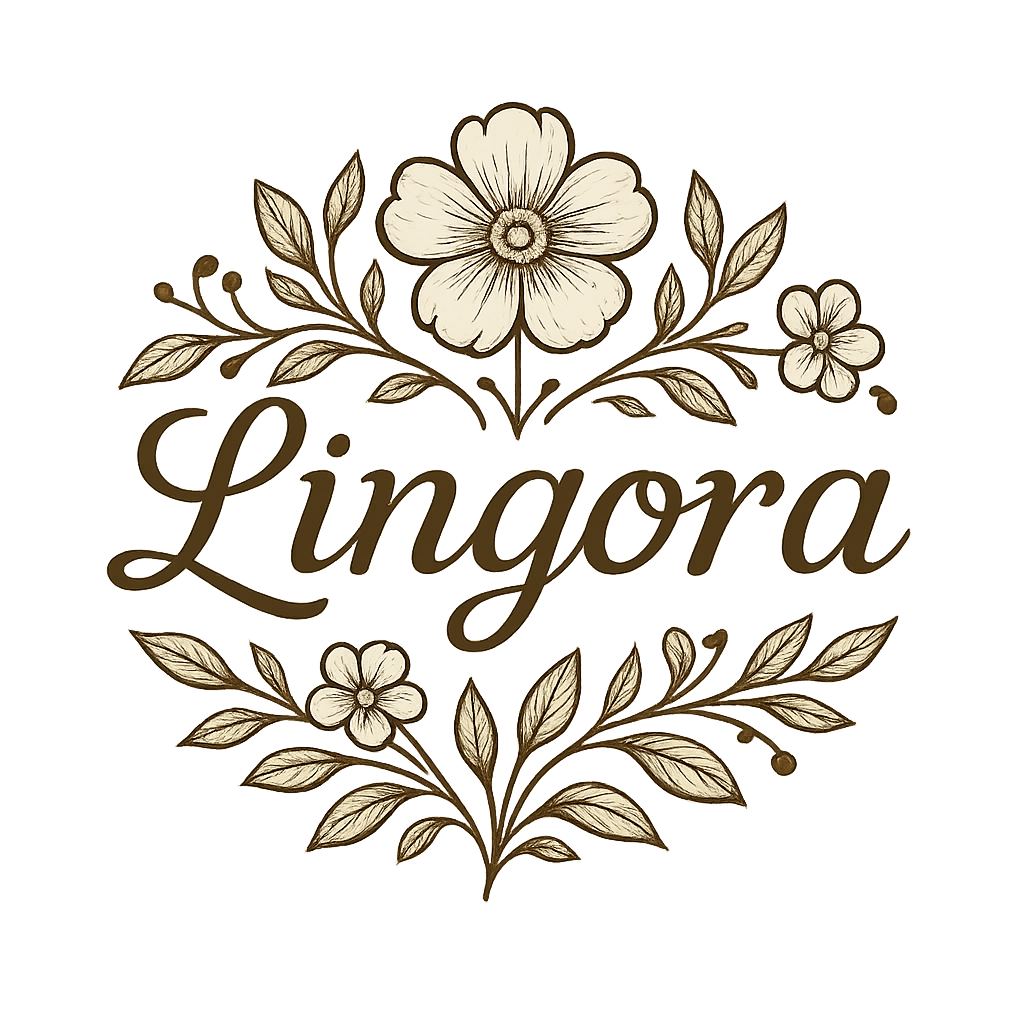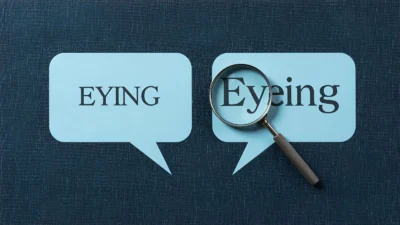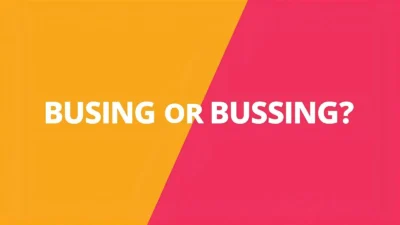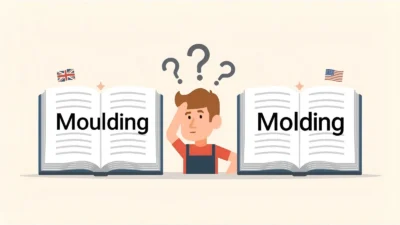English verbs can be tricky, and one of the most common confusions is between “begun” and “began.” Many learners, and even native speakers, pause before writing or speaking these words. Why? Because both come from the verb “begin”, but they are used in different grammatical situations.
People often search this keyword when they are unsure whether to say “I have begun” or “I began.” The confusion is made worse by the fact that they sound so similar, and both seem correct in casual conversation.
This article clears up the confusion. You’ll learn the difference between “begun” and “began,” their origins, usage in American and British English, common mistakes, and everyday examples. By the end, you’ll know exactly which one to use in your writing and speaking.
Begun or Began – Quick Answer

- Began → Simple past tense of “begin.”
Example: She began her speech at 9 a.m. - Begun → Past participle, used with helping verbs like have, has, had.
Example: She has begun writing her book.
👉 Rule: Use began alone in the past. Use begun with have/has/had.
The Origin of Begun or Began

Both words come from the Old English verb “beginnan,” meaning “to start or open.” Over centuries, English verbs formed different past tense and past participle forms. “Began” became the simple past form, while “begun” was set as the participle. The spelling itself is not different across regions, but usage depends on grammar rules.
British English vs American English Spelling

Good news: “began” and “begun” are spelled the same in both American and British English. The only difference is how frequently certain tenses are used.
- American English often prefers the simple past (“began”) in speech.
- British English may use present perfect (“have begun”) more often in casual contexts.
Comparison Table
| Word | Grammar Role | Example (US) | Example (UK) |
| Began | Simple past | “He began yesterday.” | “He began yesterday.” |
| Begun | Past participle | “She has begun a new project.” | “She has begun a new project.” |
Which Spelling Should You Use?

- If you’re writing for any global audience, the grammar rule is the same.
- Use began → when describing a completed action in the past.
- Use begun → only with have/has/had.
Tip: If there’s no helper verb, don’t use begun.
Common Mistakes with Begun or Began

- ❌ I begun my homework yesterday. → Correct: I began my homework yesterday.
- ❌ She has began her job. → Correct: She has begun her job.
- ❌ They begun working at 8 a.m. → Correct: They began working at 8 a.m.
- ❌ We had began the project. → Correct: We had begun the project.
Begun or Began in Everyday Examples

- Email: “We have begun preparing the quarterly report.”
- News Article: “Talks began last week between the two countries.”
- Social Media: “Just begun my fitness journey 💪.”
- Formal Writing: “The committee has begun reviewing applications.”
Begun or Began – Google Trends & Usage Data

- Search data shows that “begun or began” is a highly searched grammar query worldwide.
- Top countries: United States, India, UK, Canada, Philippines.
- Trend: Learners often search right before writing essays, job emails, or academic work.
- Globally, “began” is slightly more common in everyday writing, while “begun” is more frequent in formal or academic contexts.
Usage Comparison Table
| Keyword | Search Popularity | Context Commonly Used |
| Began | Higher | Everyday speech, news, casual writing |
| Begun | Lower | Formal writing, academic, with “have/has/had” |
FAQs
1. What is the difference between “began” and “begun”?
“Began” is simple past. “Begun” is past participle used with helper verbs.
2. Can I say “I have began”?
No. Correct form: “I have begun.”
3. Which is more common in speech?
“Began” is more common in everyday speech.
4. Are there spelling differences in US vs UK?
No, both are spelled the same everywhere.
5. Can “begun” stand alone in a sentence?
No. It must be used with have/has/had.
6. Is “begun” more formal than “began”?
Not exactly—it’s just grammatically different, but it appears more often in formal contexts.
7. How can I remember the rule?
Think: “begun” needs a helper.”
Conclusion
The confusion between “begun” and “began” comes from their similarity, but they play very different roles in grammar. Began is the simple past tense and can stand alone, while begun is the past participle and must be paired with have, has, or had. Both words share the same origin and spelling across US and UK English, so the only real difference lies in their grammar usage. To avoid mistakes, remember this simple rule: If there is no helper verb, use “began.” If there is a helper verb, use “begun.” Mastering this distinction will not only improve your writing but also help you sound clearer and more professional in any context—whether casual, academic, or formal.




